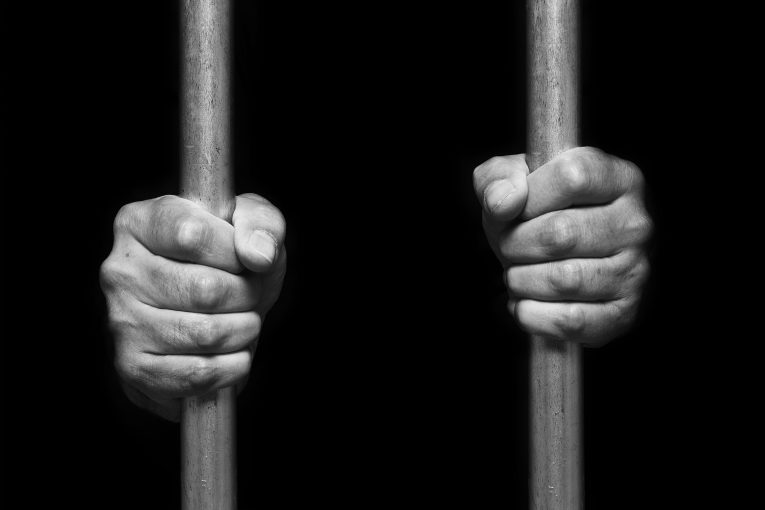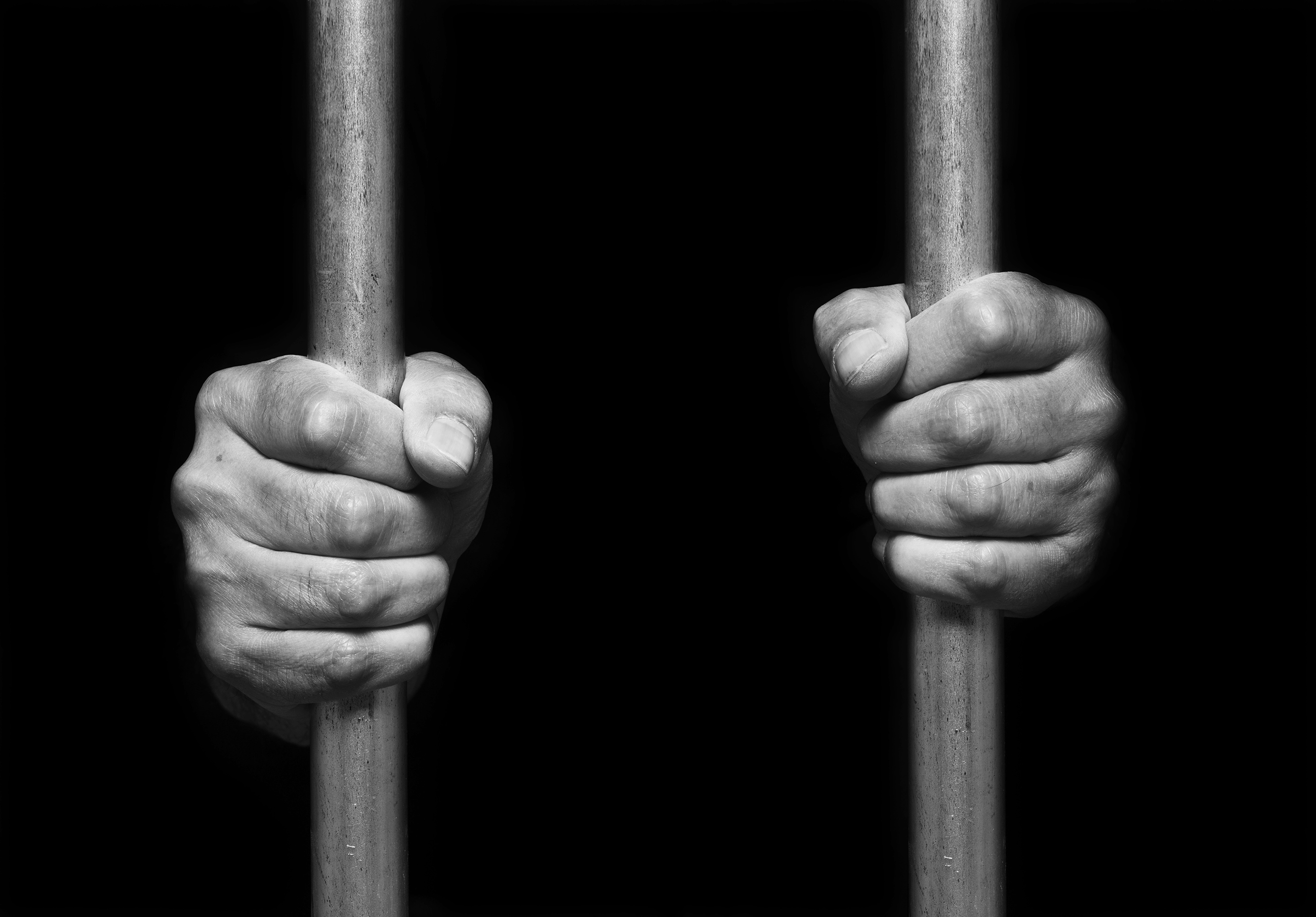


by Matt Toerner
I committed murder in 2006, at the age of 19, and was subsequently convicted and sentenced to Life without Parole (LWOP). I am now starting my 13th year of incarceration. Some days seem to go by in a blink of time; other days seem to drag on. Yet, all days are a blessing I only now begin to understand and appreciate. I know it sounds strange to hear someone say that being sent to prison was a good thing, but it was. I am not proud of why I am here, yet I am very proud of whom I have become since my arrival.
I recently enrolled in college and completed an introduction-to-sociology course that covered the concepts of ethnocentrism, which claims that race denotes priority perspective and that all concepts and cultures not your own are inferior, and cultural relativity, which claims that our roots influence our own perspectives but do not unequivocally dictate our every decision. This study brought with it the revelation that the “mainline” is designed with, and sustained by, the ethnocentric societal law in mind. The criterion for judging all new arrivals on an active yard is skin color. Then, if your skin color is the right one, your current crime, criminal history, prison record and reputation (if you have one) are taken into consideration.
After I received the sentence of LWOP in the summer of 2009, I went to Wasco State Prison for intake and processing. The facility I was sent to was classified as “active” and contained some of the most profoundly dysfunctional men I have ever had the displeasure of encountering. I was soon sent to Calipatria State Prison. What an improvement that was, and I began to consider that this might be the end of the line for me.
All those who know me are aware of my predisposition to damned stubborn pride, and that perspective was inherently incompatible with the politics of mainline society. I was faced with three choices: conform, confront, or surrender. It was quickly apparent to the big homies that I did not care if you had more tattoos and more priors than me. Only two people had the irrevocable right to dictate my program: God and Grandma. Woe to your soul if you thought to force your way into that exclusive club. I made the decision that if I was destined to die in prison, then I was going to go out on my own terms, take a couple of hardcore criminals with me. I proceeded to search out the biggest and baddest on the yard to see if they could cause me to reach the breaking point of accumulated stress that 2½ years of county jail and court had started.
After 19 months and many heated debates, I made a call to tell my grandma that I may be unavailable for visits for a while, because the coming day was set to bring with it at least two stabbings and an officer-involved shooting. My grandma’s response was, “I won’t pretend to understand what it’s like for you in there, but I want you to know that I love you, I’m praying for you, and whatever happens please stay true to who you know God has called you to be.”
I love this woman to no end, and owe her my life in more ways than I have time to describe. The next day was going to be the day I killed at least one man for no better reason than that he had ordered me to kill someone else. I refuse to take orders from anyone, except for God and Grandma, of course. I did not go through with it. Instead, I packed all my stuff, which wasn’t much, into trash bags, left $50 worth of stuff for my cellie to claim he stole to prevent him from getting into trouble for letting me leave, and left for work to tell my boss I could no longer stay on the yard.
You think they would commend me for refusing to take another life, for rejecting the instincts of my flesh and the programming installed in me by the military. Instead, I was told that unless I provided administrative staff with actionable intelligence regarding the yard’s current drug problem, I would have to return to my cell. Anybody who knows anything about prison politics can tell you that returning to the yard after trying to leave would have guaranteed an attempt on my life, as well as my cellie’s life, within moments. It took 6½ hours, a desperate plea to the facility captain, and the direct threat of laying the first body to drop on the sergeant’s desk before they finally agreed to let me transfer to the SN/PC yard (special needs/protective custody). This transfer finally came after six weeks in administrative segregation, this time to ensure my motives were genuine.
When I arrived to the new yard, it was like waking from a nightmare. Black and Hispanic inmates were playing basketball together. Whites, Hispanics, Blacks and Others were playing volleyball together, some without shoes on. The feeling of sand on my bare feet, a feeling I did not know I missed, almost made me cry.
I spoke earlier of ethnocentrism and cultural relativity. Well, the SN/PC yard is a perfect example of the Sociological Theory of Cultural Relativity. Even though there are aspects of your program that are initially determined by your race, the primary determination for the majority of what you choose to do is based on what you chose, not what someone of your same racial/ethnic identity chose for you. I was allowed and encouraged to choose for myself what to make of the time I had to serve.
I was raised in the Catholic Church and gave my life to Christ when I was 15. I joined the youth band at church and assisted in the youth ministry after graduation. I soon joined the United States Navy as a construction mechanic with the Naval Mobile Construction Battalions. I thought I had it all figured out. As when Peter was called out of the boat by Jesus and walked on water, so long as I kept my eyes on Him, I was able to stay above the worst of it. However, I soon came to the misguided conclusion that I could walk on water without help. As I took my eyes off Christ, I began to sink. I continued to sink for 5 ½ years, so low that I learned rock bottom has a basement. It was not until I began to fellowship with the body of Christ on that yard that I learned why I was there. True, I was in prison because I committed murder, but I was there for God.
I soon learned of the Christian Leadership Program that was to be offered by the Urban Ministry Institute, through the sponsorship of Prison Fellowship Ministries. This program—and the civilian sponsors involved—saved my sanity. “The just shall flourish like the palm tree … ,” says Psalms 92:12. Did you know that the palm tree grows stronger with each storm it endures? After being bent over but unbroken by the harshest of winds, its trunk thickens and it grows to even greater heights. The palm is also one of the few trees that produce fruit in every season. The same is true for us if we are rooted in God’s Word, remaining beside His streams of Living Water, then we can endure anything and even prosper in the midst of it. This storm in my life, which seemed to drive my knees to and through the floor, bent me to where I should have broken—but for God! By the grace of God, I bent but did not break. I weathered the storms and have become stronger for them. I have now completed eight of 16 modules within the Christian Leadership Program, maintaining a 3.7 GPA, and am an active member in my church community. I have the honor of co-facilitating many self-help and recovery programs; I became a published poet and editorial columnist for the Mule Creek Post, our institutional newspaper, and the Ledger Dispatch, Amador County’s newspaper, as well as becoming a member of our church’s worship team. I have absolutely no shame in regards to the cause of Christ. I will tell anyone just how much my Lord and Savior means to me.
It is my sincerest hope that reading this has helped to encourage you to face whatever comes your way with faith, hope and love. “Cast all your cares upon Him because he cares for you.” –1 Peter 5:7. Storms will rage, life will get hard, but for God … For many people, the moment that life drives you to your knees seems like the end but, by the grace of God, the end is where we begin. To stumble, and even to fall, is not failure. It is in choosing to stay down, in surrendering the fight, that we become failures. His Word says that He will never leave us or forsake us, that He will never give us more than that which we can handle. This does not mean that times will not get tough and that the weight you are under is not going to feel unbearable … it means that what seems to be too much for you is never too much for Him. He is with you and He will bear you up.
“But He said to me, ‘My grace is sufficient for you, for my power is made perfect in weaknesses.’ Therefore, I will boast all the more gladly about my weaknesses, so that Christ’s power may rest on me. That is why, for Christ’s sake, I delight in weaknesses, in insults, in hardships, in persecutions, in difficulties. For when I am weak, then I am strong.” –2 Corinthians 12:9.
Republished from “Perspectives from the Cell Block: An Anthology of Prisoner Writings” – edited by Joan Parkin in collaboration with incarcerated people from Mule Creek State Prison.
